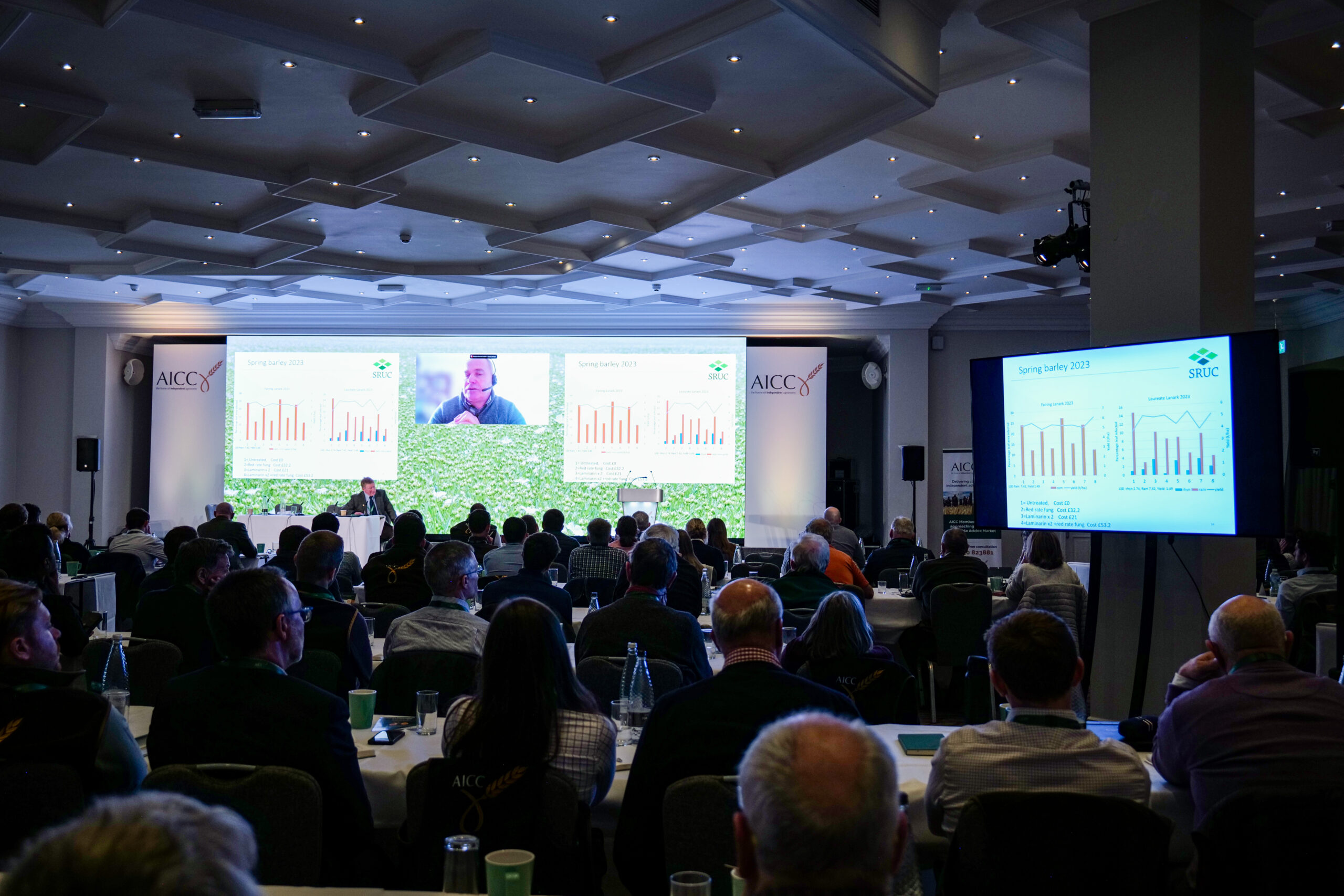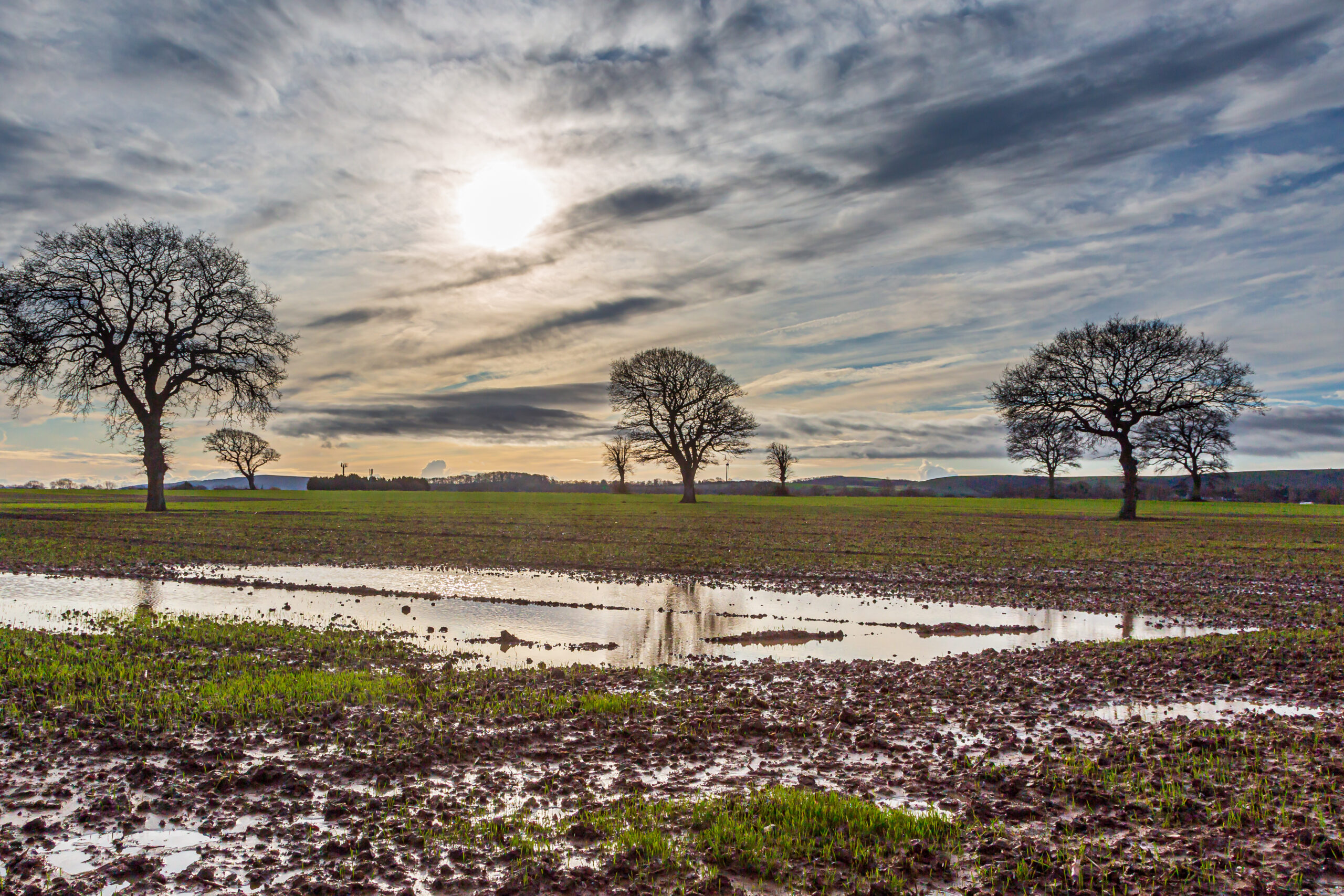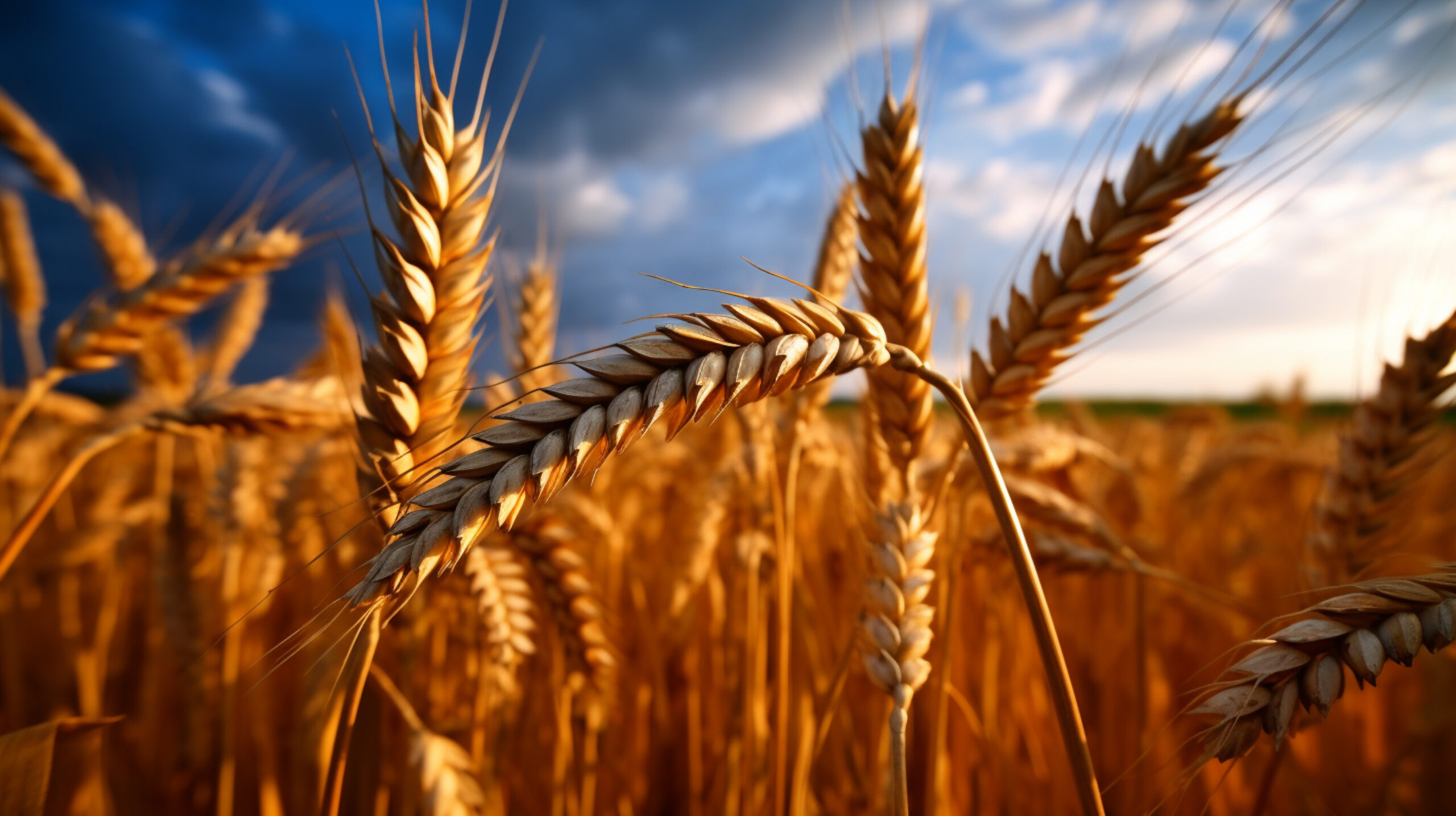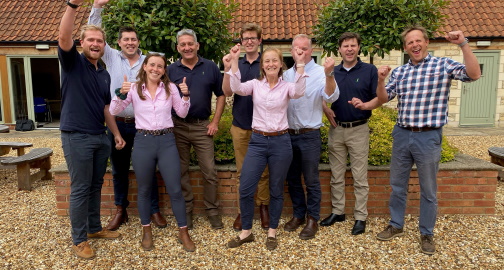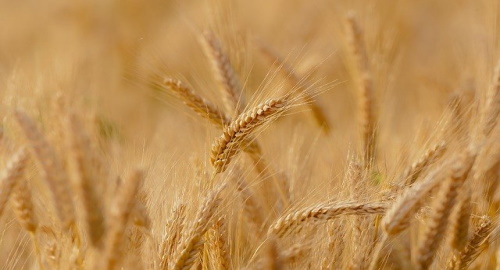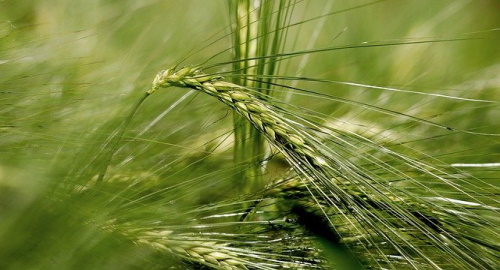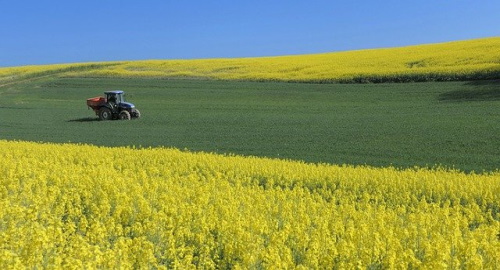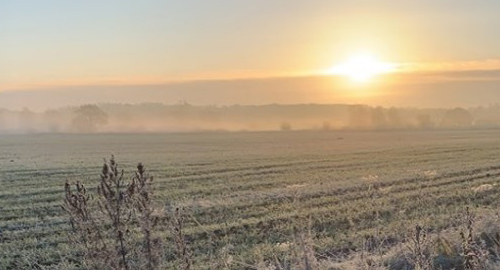Since my last post I have still been spending a large proportion of my time zooming, however this week I was on the presenting rather than the receiving end of a few. I was asked by BASIS to take part in their sustainable webinar series, to present the results of my master’s dissertation and continued research into the climate mitigation potential of arable farming. This combined with a couple of other important presentations and the impressive job titles of the other speakers, meant this was probably the most nerve-racking week of my short career so far. You would think presenting to over 100 people would be made easier when you are unable see a single one of them, but I would argue not being able to make eye contact with your audience makes it all the more difficult
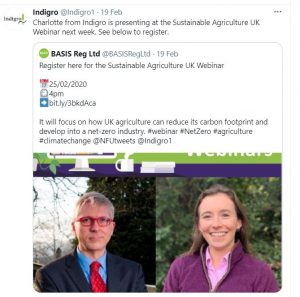
Leading up to this week I am ashamed to admit I found myself filled with the classic inner monologue ‘why would anyone want to listen to little old me’. And it turns out I am not alone, many people struggle from what can loosely be termed as ‘imposter syndrome’ and studies have shown a variation can be seen between genders with men more likely to apply for a job when they meet only 60% of the criteria, but women only if they meet 100%! However, the big lesson I have learnt this week is that if you are passionate about something, you are going to deliver your best and people will be likely compelled to listen. In the last few weeks, I have started seeing the confidence Rob, Roger and the team have in me starting to reflect in myself. Confidence is one of the key skills needed for an agronomist; whether that’s confidence in your training, knowledge, or ability, especially when it is likely most of your future clients will initially be senior to you.
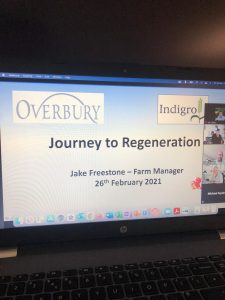 I certainly feel passionate about the role our industry can play in mitigating climate change. After a fantastic turnout at our Indigro webinar on regenerative agriculture, likely due to Indigro Client and star speaker, Jake Freestone’s, fantastic presentation on his regenerative journey, it is clear many in our client base agree. At a time of great change, starting to measure our GHG emissions is important and we can have a positive impact using methods that save our farmers money, improves our soils, and pave the way for a new age of farming- or perhaps simply an old one that was before my time.
I certainly feel passionate about the role our industry can play in mitigating climate change. After a fantastic turnout at our Indigro webinar on regenerative agriculture, likely due to Indigro Client and star speaker, Jake Freestone’s, fantastic presentation on his regenerative journey, it is clear many in our client base agree. At a time of great change, starting to measure our GHG emissions is important and we can have a positive impact using methods that save our farmers money, improves our soils, and pave the way for a new age of farming- or perhaps simply an old one that was before my time.
Charlotte Cook
Agronomist
Indigro




